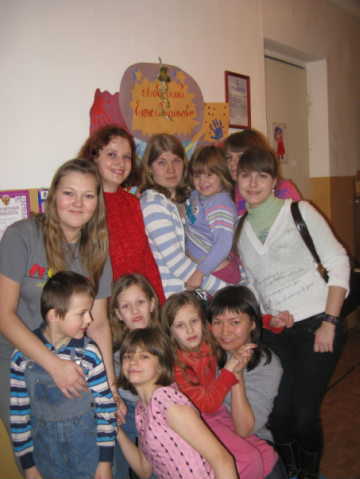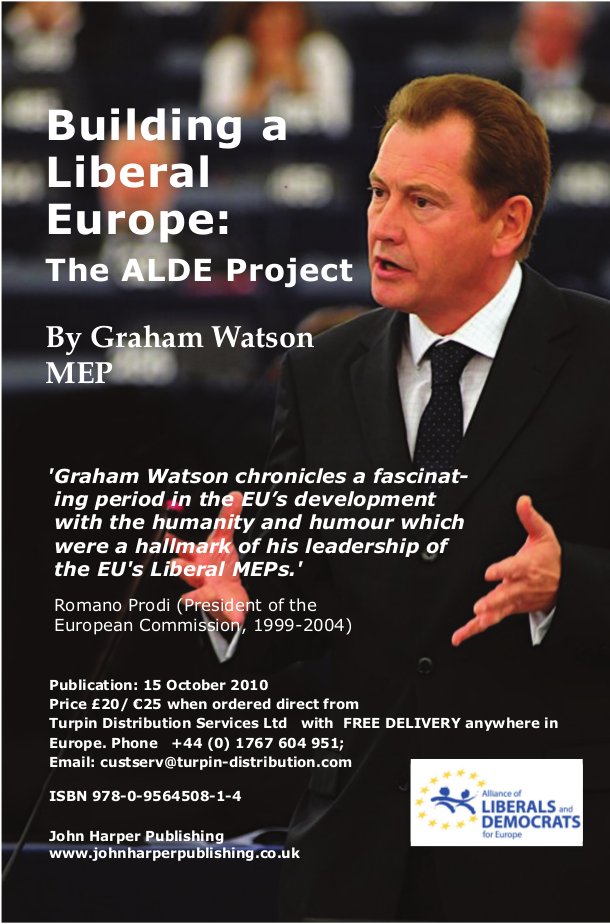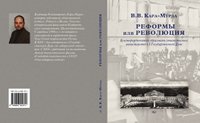“Acad. Sakharov said that dialogue can be a solution to any problem.” An exhibition dedicated to the 100th anniversary of the Academician opened in the Yabloko office
Press Release, 21.05.2021
Full video recording of the opening:
An exhibition dedicated to the centenary of the outstanding Soviet academic and human rights defendert Andrei Dmitriyevich Sakharov opened in the Moscow office of the Yabloko party. An exhibition of photographs and quotes of Acad. Sakharov was prepared by the Sakharov Centre * and was to be opened in Chistoprudny Boulevard in the centre of Moscow. However, at the last moment, the Moscow authorities refused to give a permission for the exhibition. The Yabloko party offered its office space for the exhibition.
Opening the exhibition, Yabloko Chairman Nikolai Rybakov promised to do everything possible so that an even larger number of people would see the exhibition than if it were held in Chistoprudny Boulevard. The doors of the party office will be open to everyone wishing to see the exhibition for two weeks: every weekday from 21 May until 4 June, from 12:00 to 21:00.
Photo: Nikolai Rybakov (speaking at the opening of the exhibition)./ Photo by the Press Service of Yabloko
Nikolai Rybakov called the refusal of the Moscow authorities to give a permission to hold the exhibition for the 100th anniversary of one of the most outstanding people of the 20th century not only in Russia but throughout the world a meaningful event. He noted that the festive events in honour of Andrei Sakharov’s anniversary would be limited to a musical concert only. “This is certainly not bad, but it does not correspond to the scale of Andrei Sakharov’s personality and the ideas that he wanted to bring into our life and the life of all mankind,” the Yabloko Chairman said.
Andrei Sakharov was a well-known defender of political prisoners and all his major speeches always began with reading out the names of prisoners of conscience. Nikolai Rybakov suggested that Acad. Sakharov would have done the same in our time. For several minutes, the Yabloko Chairman read out a list of 80 names of the present political prisoners prepared up by the Memorial human rights centre *. Andrei Dmitriyevich Sakharov put a lot of mental strength into the creation of the Memorial centre, Rybakov noted.
Speaking after the Yabloko Chairman, Sergei Lukashevsky, Director of the Sakharov Centre, called reading out the names of political prisoners a wonderful gesture. “Today we are going through difficult times, when it seems that in terms of freedom, our country is rolling back somewhere to the early 1980s,” Lukashevsky said and quoted Acad.Sakharov saying what should be done in such times:
“Even when it seems that it is difficult and impossible to do something, we need to build ideals. It is a natural need to create ideals. Even when we do not see an immediate path to their implementation. After all, if there are no ideals, then there is absolutely nothing to hope for. Then there is a feeling of hopelessness and a dead end.”
Photo: Sergei Lukashevsky, Nikolai Rybakov, and Grigory Yavlinsky./ Photo by the Press Service of Yabloko
Grigory Yavlinsky, Chairman of the Yabloko Federal Political Committee, called the ban on the exhibition in the boulevard in Moscow an answer to the question of whether the current authorities are afraid of Sakharov. “What they are doing with his centenary, the fact that Yabloko is accepting the exhibition that was supposed to take place in the centre of Moscow – this is the answer to this question: they still fear and understand the importance of Sakharov, understand the meaning of his every word,” Yavlinsky said.
The founder of Yabloko called Andrei Sakharov and Mikhail Gorbachev “the people who gave freedom to the inhabitants of the Soviet Union and the entire socialist bloc”.
“The most significant thing that happened in my life in general is that I was given freedom. And not to me alone, but to everyone who was around me, and not somewhere abroad, but at home, where I was born. I cannot imagine anything more significant. And two people did it. This was done by Mikhail Gorbachev and Andrei Sakharov. The fact that they were always in dialogue, that they gave freedom [to us] and chose a political vector, that they were completely different, but found a way to conduct a dialogue – this led to freedom. Because freedom is multivariate, it does not exist without dialogue. This is the colossal significance of Sakharov in Russian politics for me,” Grigory Yavlinsky noted.
Photo: Grigory Yavlinsky at the exhibition. / Photo by the Press Service of Yabloko
Before the guests went to see the exposition, Sergei Lukashevsky, Director of the Sakharov Centre, spoke about the concept of the exhibition:
“These are photographs by famous Soviet and Russian photographers. We also tried to select Andrei Dmitriyevich’s statements that would show the entire spectrum of his views. His words that human rights should become the basis of not only internal, but also external politics, should become the basis of international relations. We wanted to show Sakharov’s faith in scientific and technological progress and, on the other hand, his own fears that in the hands of authoritarian regimes, in the hands of demagogic regimes, these benefits of civilisation can bring evil and harm to society, rather than benefit.
We wanted to show Andrei Sakharov as a defender of intellectual freedom, who said that only an unbiased open dialogue can be the basis for solving any, even the most difficult problems.
He called for an impartial study of any issue. The most important example is that Sakharov spoke very sharply and harshly about Soviet power, about the internal structure of the Soviet Union, about Soviet foreign policies and at the same time, and naturally, in a more friendly tone, but very harshly, criticised the Western world for being separated, that they sometimes preferred economic interests to the protection of values.
It seems to me that in this exhibition everyone can find something important for themselves, for their field of activity – either academic or public, on the other hand, to see the versatility of Sakharov’s heritage,” Lukashevsky said.
***
On 21 May, the birthday of Academician Andrei Sakharov, Yabloko held an international zoom-conference dedicated to his centenary. Speeches were made by Russian human rights defenders Sergei Kovalyov, Valery Borshchyov, Vyacheslav Bakhmin, Svetlana Gannushkina, Viktor Kogan-Yasny, politicians Vyacheslav Igrunov, Maxim Kruglov, Vladimir Ryzhkov, Boris Vishnevsky, Alexander Gnezdilov, Boris Misnik, journalists Vladimir Kara-Murza and Vladimir Mukusev, and writer Alexander Arkhangelsky. Foreign participants of the conference were MEP Petras Auštrevičius, Dmitry Glinsky, Chairman of the Russian-speaking Public Council of New York, Nikolai Katerinchuk, leader of the European Party of Ukraine, writer Polina Zherebtsova (Finland), Antonina Buis, translator and member of the Board of the Sakharov Centre in the US, Henrik Bach Mortensen, Vice-President of the pan-European liberal party ALDE, and Astrid Thors, Vice President of Liberal International.
* Listed by the Ministry of Justice in the register of foreign agents.
Posted: May 25th, 2021 under Conferences and Seminars, Freedom of Assembly, Freedom of Speech, History, Human Rights, Без рубрики.












